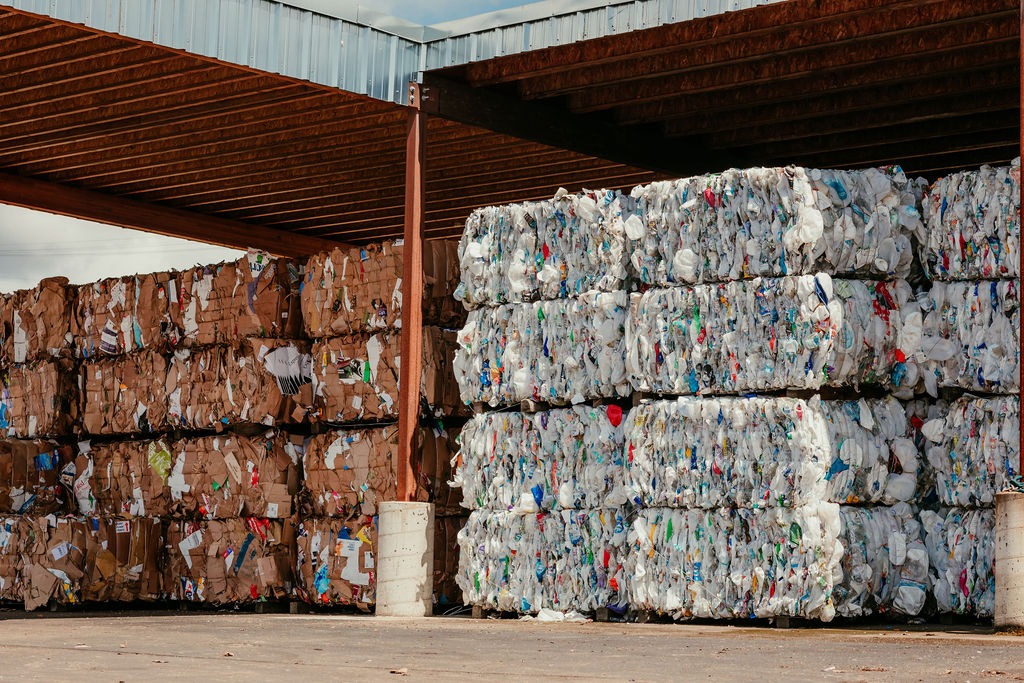
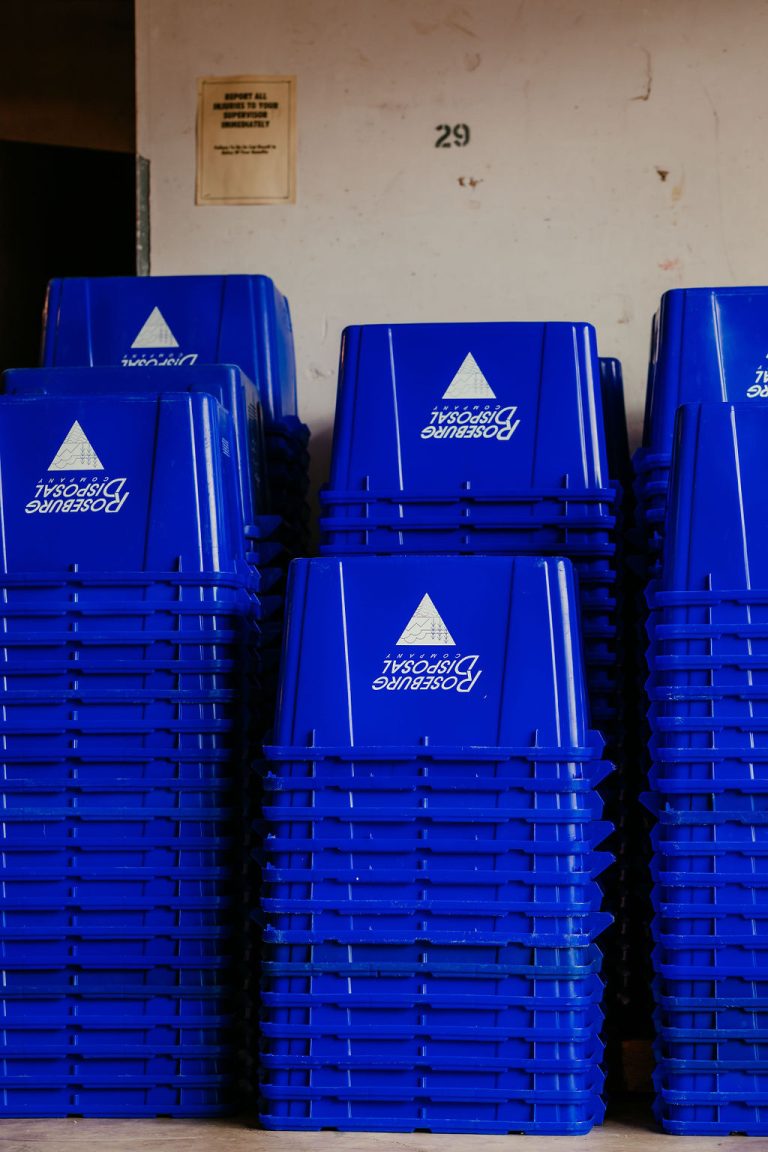
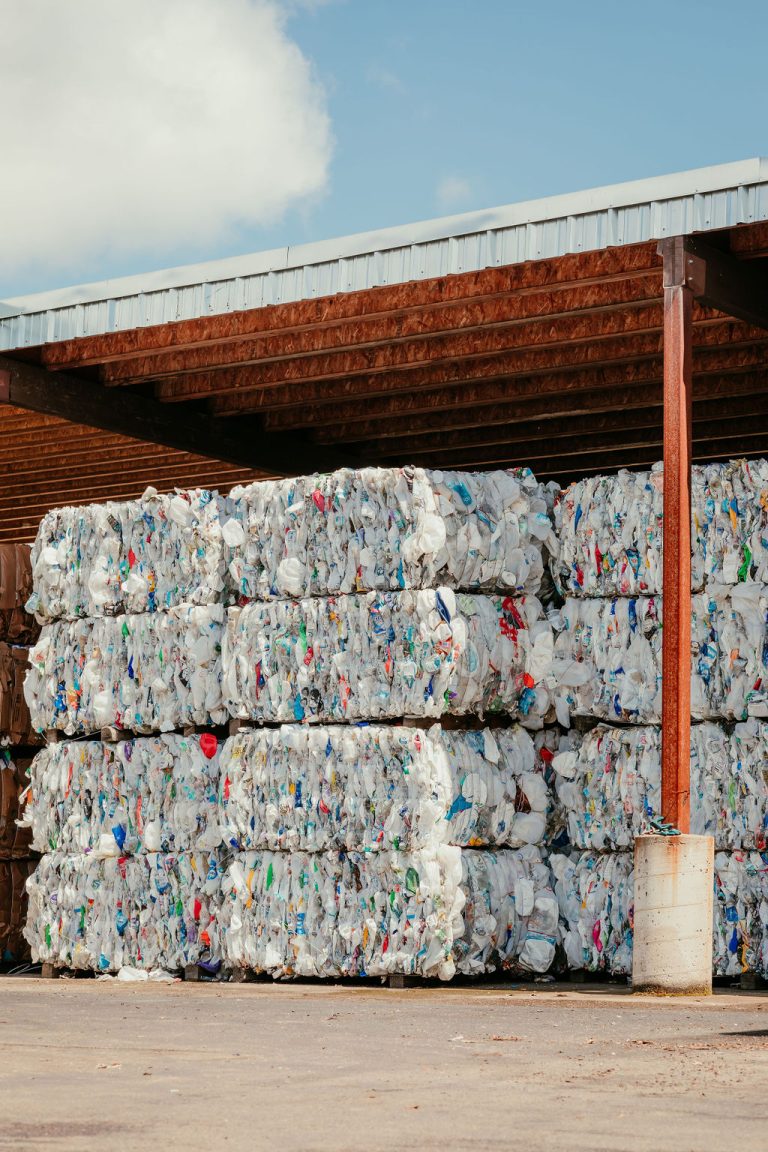
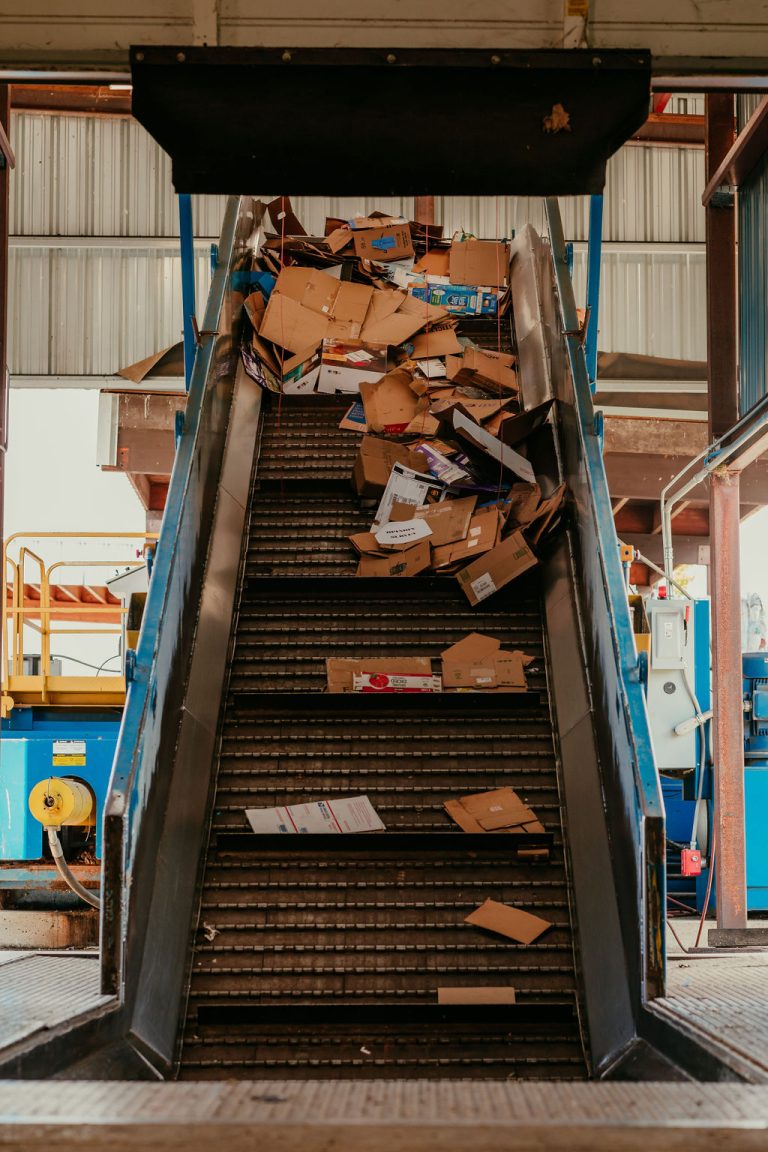
Recycling Services
Why Recycle?
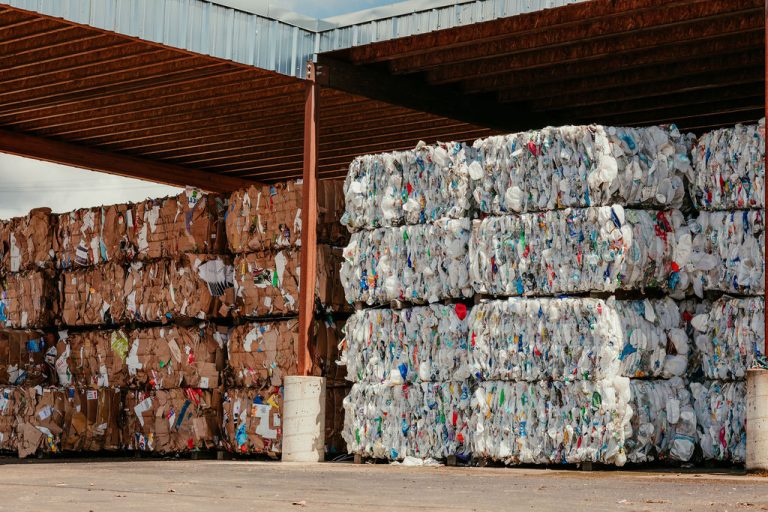
Reduce Landfill Waste
Recycling reduces the amount of waste sent to landfills and incinerators.
Conserves Natural resources
Recycling conserves natural resources such as timber, water, and minerals.
Saves Energy
Recycling saves energy by reducing the need to collect, transport, and process raw materials.
Decreases Pollution
Recycling reduces pollution by cutting down the need for raw material extraction, refining, and processing, which in turn decreases greenhouse gas emissions and air and water pollutants.
What Can I Recycle?
Corrugated Cardboard
Instructions: Flatten and place at the curb. Ensure pieces are no larger than 4ft. by 4ft. Remove all wire and plastic. Waxed cardboard, cereal boxes, milk cartons, and shoe boxes are not accepted.
Fun Fact: Each person generates about 145 pounds of cardboard annually, amounting to over 192,000 tons per year in Oregon.
Aluminum
Instructions: Rinse clean. Beverage cans are accepted.
Fun Fact: Recycling one aluminum can saves enough energy to run a TV for 3 hours.
Plastic Bottles
Instructions: Only plastic bottles are accepted (please rinse clean). Discard all lids. Bottles must have a wide base and narrow pour spout, such as milk bottles.
Fun Fact: Plastic takes 700 years to begin decomposing. Recycling one ton of plastic saves 7.4 cubic yards of landfill space.
Motor Oil
Instructions: Pour oil into non-breakable containers with tight-fitting screw-on caps (e.g., bleach or milk jugs). Do not include paint thinner or other hazardous liquids.
Fun Fact: Every 100 gallons of recycled oil saves 65 gallons of new oil. One gallon of oil can create a five-acre oil sheen on a lake.
Tin
Instructions: Rinse thoroughly. No food residue or lids.
Fun Fact: Tin recycling saves approximately 2,600 kilowatt hours per ton.

